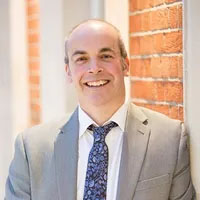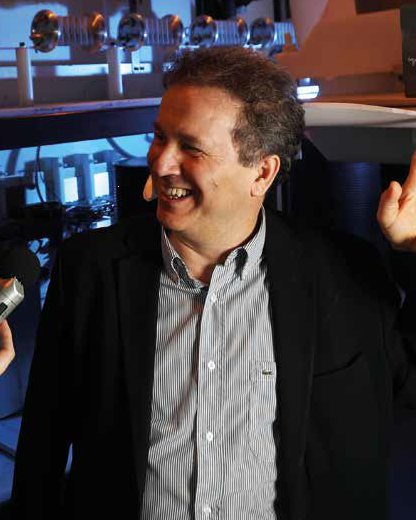FLEXIS in 2021: A Year in Retrospect
Dydd Gŵyl Dewi Hapus! Happy St David’s Day!
On a day of celebration in Wales, what better time to reflect and take stock of the last 12 months while looking forward to what the rest of 2022 has in store? While 2021 was another challenging year in the face of the COVID-19 pandemic and a changing research environment, FLEXIS has continued its work of developing energy systems research capability in Wales. We’ve been fostering the thriving culture of research and innovation across Wales, albeit often over a zoom call or a virtual conference!
We’ve collated a few facts and figures about FLEXIS in 2021:
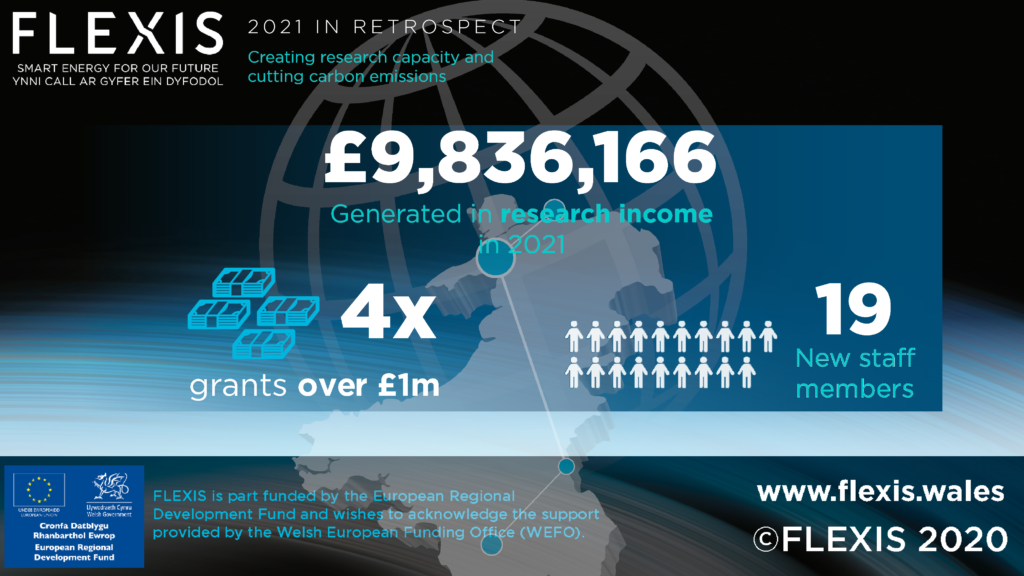
In light of both the achievements and challenges of the past year, it’s worth taking a look at FLEXIS’ varied areas of work and the key achievements in these areas as well as considering the exciting work that lies ahead in 2022.
Professor Hywel Thomas, Principal Lead Investigator for FLEXIS commented:
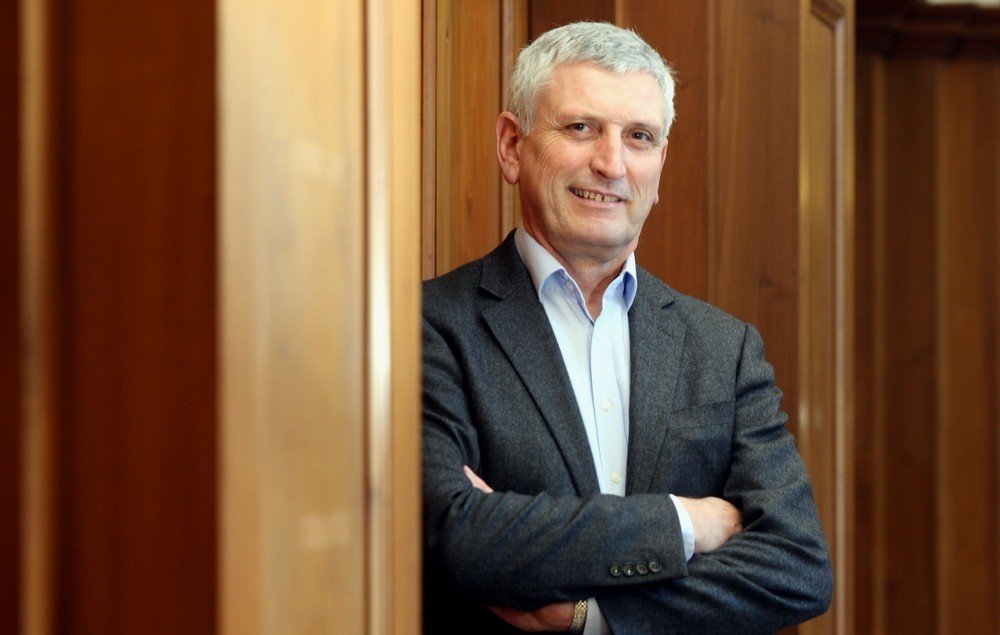
‘It is very gratifying to see such continued good progress being made by FLEXIS. Last year was of course the year of CoP26, in Glasgow. This event reinforced the major importance of our work, if such confirmation was needed. It was a particular pleasure to see our work presented at various meetings, as part of the CoP Cymru celebrations. Looking forward, the work being carried out on the development of the SWITCH project, led by Dave Worsley, is both very exciting and very important for our future.’
Dr Aleksandra Koj – FLEXIS Project Manager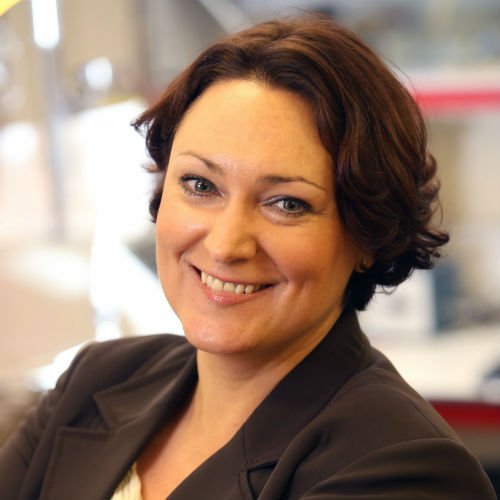
‘It is a great pleasure to reflect on the continued development and success of FLEXIS. The last year has been another difficult year for all of us, due to COVID restrictions. I want to pay tribute to all the members of the administrative team for their tireless, dedicated efforts during the pandemic. The move into the FLEXIS extension has gone very well and I am delighted to acknowledge again with pleasure the new FLEXIS team, consisting of new colleagues from Swansea University.’
Professor Nick Jenkins – Network and grid integration of renewables; low carbon energy infrastructure in Wales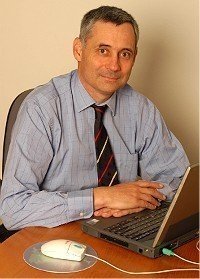
In 2021, we continued to work on low carbon electricity systems and expanded its research on heating and cooling. The UK is making good progress in decarbonising electricity supply with the carbon intensity of electricity generation dropping by a half in the last 10 years. However, very limited progress has been made in reducing greenhouse gas emissions from heating and (in the future) from cooling. We are researching this area (led by Dr Carlos Ugalde and Dr Meysam Qadrdan) through two EPSRC fundamental research projects as well as two Knowledge Transfer Projects with an SME. In 2022, we are particularly keen to increase our engagement with Welsh stakeholders over new models of community/local electricity supply and low carbon heating and cooling.
Professor Jenkins said ‘2022 will be another year of challenge and opportunity for energy researchers. We will continue to address the decarbonisation of heat and electrical energy as well developing our community of students and researchers.’
Professor Karen Henwood and Professor Nick Pidgeon – Public Response to Energy Systems Technologies
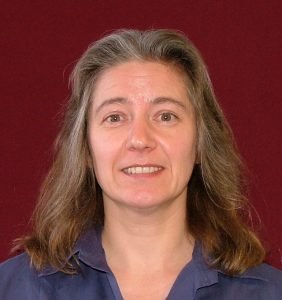 Despite the continued disruption of face to face working during 2021, it was possible to both maintain communications online with colleagues and key stakeholders and build up a portfolio of peer reviewed articles in journals and on websites. Qualitative longitudinal research conducted with local residents in Caerau now represents a UK perspective on fuel poverty/energy vulnerability on an influential EU website: Perspectives on Energy Poverty and Energy Vulnerability in the United Kingdom.
Despite the continued disruption of face to face working during 2021, it was possible to both maintain communications online with colleagues and key stakeholders and build up a portfolio of peer reviewed articles in journals and on websites. Qualitative longitudinal research conducted with local residents in Caerau now represents a UK perspective on fuel poverty/energy vulnerability on an influential EU website: Perspectives on Energy Poverty and Energy Vulnerability in the United Kingdom.
We also have a headline publication from the on-site research conducted 2019 in the town of Port Talbot (Pidgeon, N., Groves, C., Thomas, G., Shirani, F., Cherry, C., and Henwood, K. (2022) ‘A little self-sufficient town close to the beach’: Local energy system transformation through the lens of place and public things. In J. Webb, M. Tingey and F. Wade et al (eds) Research Handbook of Energy and Society. Edward Elgar.) This carefully crafted, social scientific account provides insights into local energy systems transformation, showcases an original approach to horizon-scanning/futuring methodology, and is a resource for policy and planning decision making.
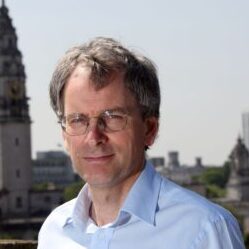
While it landed on our doorsteps to very little fanfare, we’re extremely proud of the Handbook…’ said the editors at the start of 2022 ‘…we think that it is a much-needed collection that makes a genuine contribution to developing studies of energy and society”.
In 2022, the Flexis social sciences team will complete articles on “emotion and infrastructure change in an industrial town” (GEOFORUM) and “an analysis of atmosphere as air and atmosphere as affect in Port Talbot” (TRANSACTIONS, INSTITUTE OF BRITISH GEOGRAPHERS), two leading geography journals. We have talks and exhibits planned at international conferences (in both science and technology studies and risk research) and national events (eg annual BSA Conference, 2022) to disseminate fieldwork materials, data and outcomes from research. As part of SWITCH CONNECT collaborations, we will develop research proposals in support of the net zero society work programme that Cardiff University will lead.
Professor Dave Worsley – Mobile Energy Stored as Heat Research Programme (MESH)
Despite the limitations imposed by the pandemic, the Swansea team have made great progress in both FLEXIS and FLEXISApp projects in the last year.
Not only has Jon Elvins (MESH) had success in leveraging UKRI funding and introducing new academic and industrial partners to the heat storage project but the team are now very close to demonstrating the first of a kind heat release system in our Active Classroom. In other work, the Gateway to Zero project has entered the planning application phase, unlocking a £10M private sector investment. It has made considerable progress in finding an additional industrial partner for the hydrogen delivery component which we are also connecting to the Transport for Wales ambition for zero carbon buses. There is also the icing on the cake in terms of i-SPACE, very positive developments both in building the team for circular metals in Port Talbot but also in terms of the high-level engagement from senior Tata staff.
Professor Worsely commented: ‘As we emerge from restrictions 2022 promises to be an immense year to blast us off into the next phase of our collaboration in which we will bring SPECIFIC and FLEXIS together to deliver a research and innovation powerhouse for Wales.’
Professor Manu Haddad – Alternative environmentally friendly gas for electrical networks insulation
In 2021 we have been really successful in working with our strategic partners: We’re delighted with the successful tender to be one of the strategic partners of National Grid for the next 5 years. We are deeply involved in work on gas insulated systems and alternative gases, as part of this work we were pleased to organise a workshop funded by the British Council in collaboration with North China Electric Power University (NCEPU). The event was attended by nearly 100 registered attendees. In addition, Prof Haddad contributed as a panel member to an international webcast debate on SF6 emissions sponsored by EATON which was attended by over 400 participants. He was also elected as the chair of the International Electrotechnical Commission Technical Committee (IEC TC 37).
Professor Haddad summed up by saying ‘2021 was a year of industrial collaboration and international success. This year, we expect further research emphasis on phasing out SF6 emissions and introducing new alternative gases to help accelerate decarbonisation of electrical network.’
Professor Paul Meredith – Semiconductors for Clean Energy System and Efficient Electronics
Our work with the FLEXIS project focuses on preliminary investigation of wide band gap semiconductor power electronics for improving the conversion efficiency of renewable energy sources for stationary power (power electronics in solar/wind generators for example). The demand for this type of technology is accelerating rapidly mostly driven by electric vehicles, but the expanding Net Zero Clean Energy agenda is the next cab off the rank. In 2021 we made significant progress in establishing this new strand of activity for the Swansea University semiconductor portfolio, in particular developing novel advanced component test platforms capable of ‘stressing to failure’. More broadly, the FLEXIS power electronics project is very closely linked to other major initiatives that were landed and progressed in 2021, notably the Smart Expertise ASSET project and ongoing efforts under Driving the Electric Revolution Industrialisation Centres to establish an industrial pilot line capable of making the wide band gap semiconductor components that will power the next wave of technology in this space.
Professor Meredith added ‘Our flagship project the £50M Centre for Integrative Semiconductor Materials – a state-of-the-art facility for advanced semiconductor research and innovation – also continued to progress to completion that we hope will be in mid-2022. These initiatives (including FLEXIS) will position Swansea University as the premier RD&I organisation in the UK for wide bandgap component development.’
Professor Alan Guwy – CymruH2Wales2 Hydrogen and fuel cells
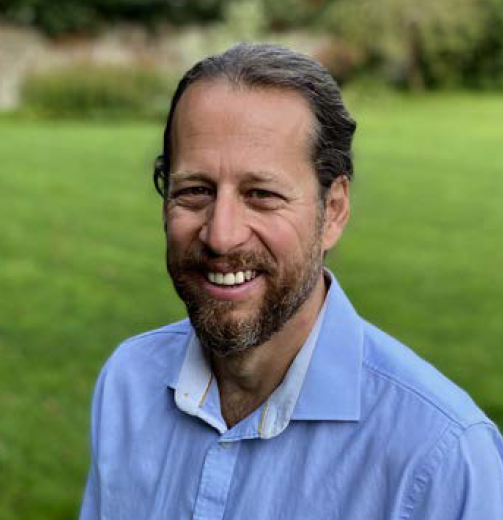
Whilst 2021 has presented difficulties due to the pandemic it has turned out to be a productive year for the University of South Wales team and its FLEXIS and FLEXISAPP activities. The award of the SWIC Phase 2 Deployment project, via the BEIS/InnovateUK Industrial Decarbonisation Challenge, a £38million project involving 16 industrial partners, with Jon Maddy leading the academic team was a highlight.
We’ve been particularly pleased that after several years of research in the lab our VFA Factory concept, a novel biorefining approach for CCU of GHG and waste carbon into highly valuable products has really started to capture industrial interest. In collaboration with TATA and Welsh Water through UKRI’s IDRIC, FLEXISAPP and SER Cymru’s Accelerator programme we building pilot plants for industrial site deployment.
It was also the year that Neath Port Talbot County Borough Council’s Supporting Innovation and Low Carbon Growth SILCG proposal (£58.7million) was successfully granted. USW’s part of the proposal will demonstrate how excess electricity from the photovoltaic generation of the new Baglan Bay Technology Centre can be fed to enhanced electrolytic hydrogen production capacity at the USW Hydrogen Centre, to fuel a large fleet of hydrogen vehicles.
Looking forward to the coming year, Professor Guwy added ‘2022 is shaping up to be a very exciting year for us in FLEXIS, with the deployment of our lab research at a larger scale to demonstrate further the impacts that the FLEXIS team can bring.’

